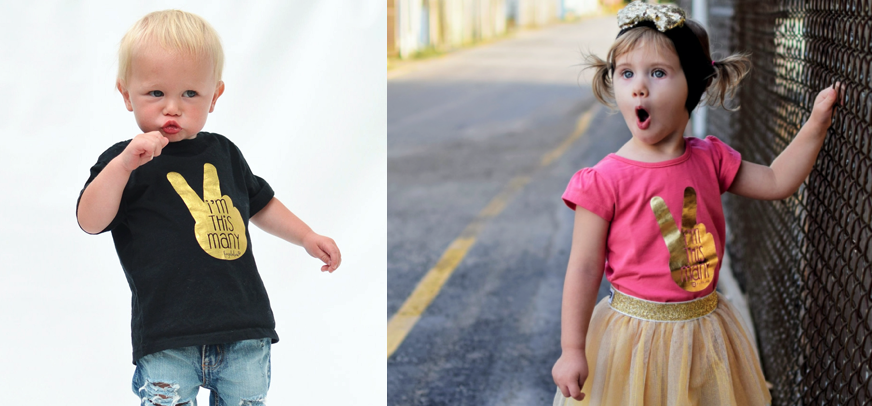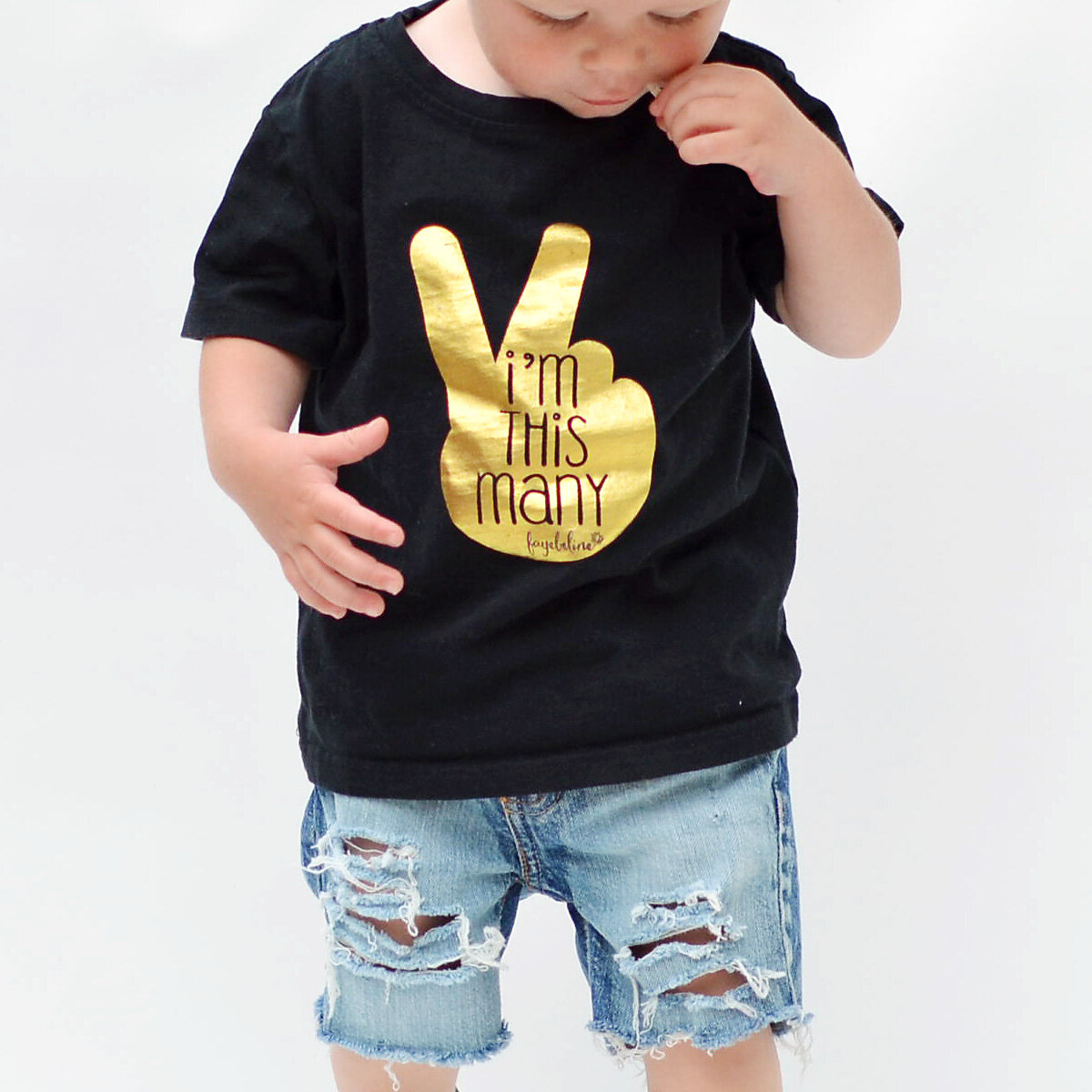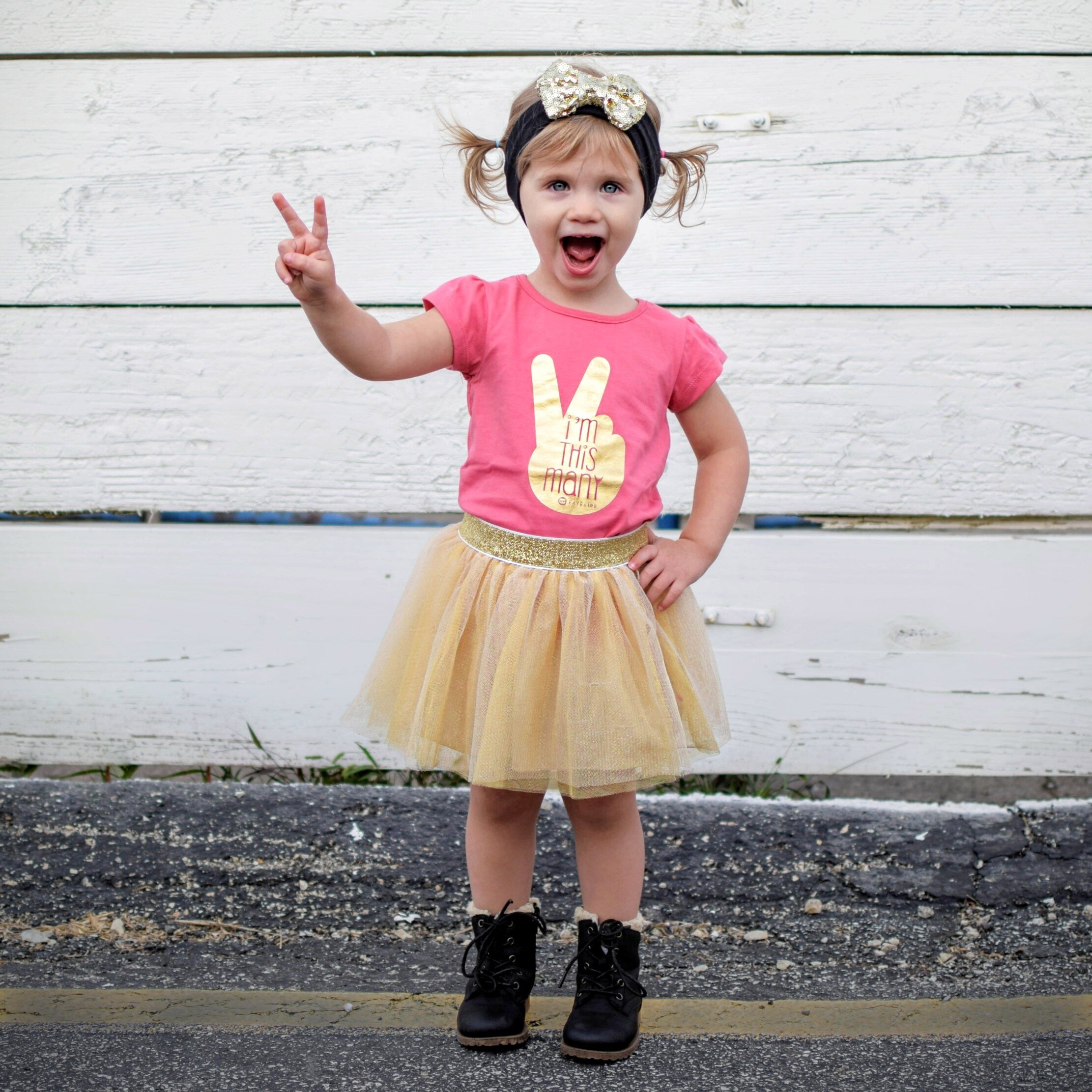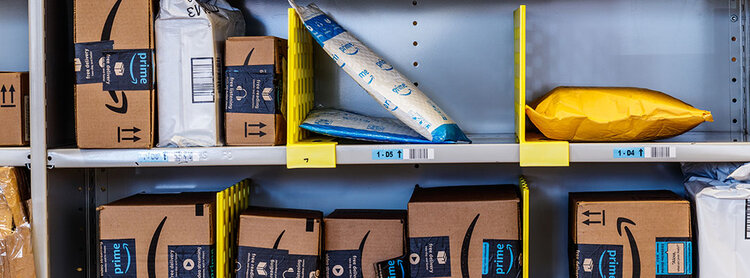
A few years ago when Emily and I had been running Fayfaire Clothing Co (baby and toddler clothing) on Amazon for some time, we decided to add a new product that we were 100% certain would be a hit with customers. Maybe even 110% sure.
How, you might ask? Well, we actually used Amazon customers to find the new product for us. Or better put, our customers were screaming at us to launch this new product and we might have missed it – IF – it wasn’t for one simple thing.
Sponsored products advertising reports. BOOM! I know, so sexy. While looking through automatic ad reports to identify losers – keywords that Amazon is testing on our products for conversions that don’t convert – I noticed a trend that was happening over and over again.

Before I get to the trend, let me explain in greater detail. You see, at the time Amazon only allowed us to have two types of ads. Automatic, which consisted of Amazon looking at the content of our listing and then using their best guess (via AI) to decide when to show our product to customers based on the search term they entered. Manual, which consisted of us “manually” entering the terms that we thought customers would use in the search bar and ultimately lead them to buy our product, if we paid to have it placed in front of them.
No, with Automatic, a lot of times Amazon simply gets it wrong. So, a common practice back then was to scour through these ad reports weekly and prune out the keywords that aren’t converting. For example, if your product was a hair tie and Amazon kept showing it in searches related to “neck ties”, then you could add the term “neck ties” and all its variations as negative keywords so your product will no longer be advertised in these searches.
As you can see in the image above, the product in question was a black two-year old birthday shirt with gold foil printing. When we launched this, our thought was that black would be unisex and that it would be purchased for both boys and girls…and it was…sort of!
Even though we knew that it was being purchased for BOTH Boys and girls based on what we were seeing in hash-tagged posts on social media, the Automatic ad reports were telling a different story. While some people were happy buying a black shirt for both boys and girls, there was definitely a large segment of people who preferred a different color palette for girls.
When taking a closer look at the data, we noticed that for terms like “boys first birthday shirt”, “first bday shirt for boys”, etc; our conversion rate was well within our acceptable parameters to continue paying for these terms for the black shirts. However, when we looked at the data for the same search terms with “boys” replaced with “girls” – we were hemorrhaging money. In other words, lots of people were clicking on our ads for girls and NOT purchasing.
We took this to mean that they wanted another color option. Fast forward a few weeks and we unleashed what would soon be one of our top sellers and go on to outpace the sale of our black version 3 to 1 in no time!





